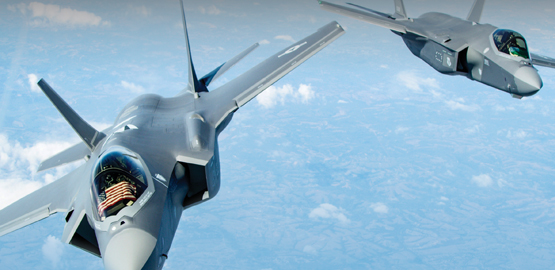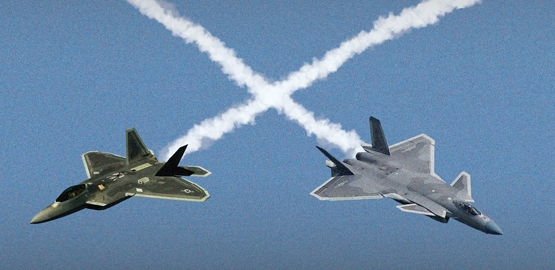Publications
"Nobody does defense policy better than CSBA. Their work on strategic and budgetary topics manages to combine first-rate quality and in-depth research with timeliness and accessibility—which is why so many professionals consider their products indispensable." – Gideon Rose, Editor of Foreign Affairs, 2010-2021
Alternative Approaches to Defense Strategy
In his testimony before the Senate Armed Services Committee, Dr. Andrew F. Krepinevich describes the current threats facing the United States and argues that the need for a well-crafted defense strategy has never been greater. Three revisionist powers in three different regions are confronting the United States and actively challenging the rules-based international system. At the same time, the means available to address these challenges are diminishing. The United States will need to develop different ways of deterring our enemies and of defeating them if deterrence fails. This effort should be informed by (and inform) the strategy we adopt.
Examining the Iran Deal and the Military Balance in the Middle East
In this testimony before the Senate Armed Services Committee, Ambassador Eric Edelman asserts that the Joint Comprehensive Plan of Action (JCPOA) to resolve the Iranian nuclear issue is deeply flawed because it concedes an enrichment capacity that is too large, sunset clauses that are too short, a verification regime that is too leaky, and enforcement mechanisms that are too suspect. He asserts that the prospect of Iranian nuclear latency will, in turn, put the Middle East on the path to a catastrophic arms race. Ultimately, Ambassador Edelman recommends that Congress disapprove the agreement in order to allow for a more stringent deal to be renegotiated.
Managing China’s Missile Threat: Future Options to Preserve Forward Defense
In this testimony before the U.S.-China Economic and Security Review Commission, Dr. Evan Montgomery discusses the implications of China's offensive missile force. He argues that in the face of an eroding conventional military advantage in the Western Pacific, the United States faces acute challenges to its forward defense posture.
Growing Nuclear Capabilities in the Middle East and Their Implications for U.S. Security
This testimony delivered before the Senate Armed Forces Subcommittee on Strategic Forces provides an overview of Israeli and Iranian capabilities and doctrines. It assesses prospective characteristics of a nuclear competition between these two countries, as well as those of a prospective “n-player” competition, should Iran’s acquisition of nuclear weapons lead other states in the region to follow suit. The testimony concludes with some thoughts on what this means for the United States, to include the strategic choices we confront.
Iran Nuclear Negotiations After the Second Extension: Where Are They Going?
On January 27, 2015, Ambassador Eric Edelman, Distinguished Fellow at CSBA, testified before the House Foreign Affairs Committee on the implications of the Obama Administration’s approach to the Iran nuclear negotiations.
Hard ROC 2.0: Taiwan and Deterrence Through Protraction
Despite the recent ostensible improvements in relations between Taiwan and the People’s Republic of China, the deteriorating cross-strait military balance continues to worry leaders in Taipei. Taiwan is long past the point where it can simply buy its way out of what has become a structural security deficit. It urgently needs a radical rethink of its defense posture vis-a-vis China.























